Search

News & Events
Co-ordinated approach urgently required to slow progression of antibiotic resistanceAboriginal mum and child
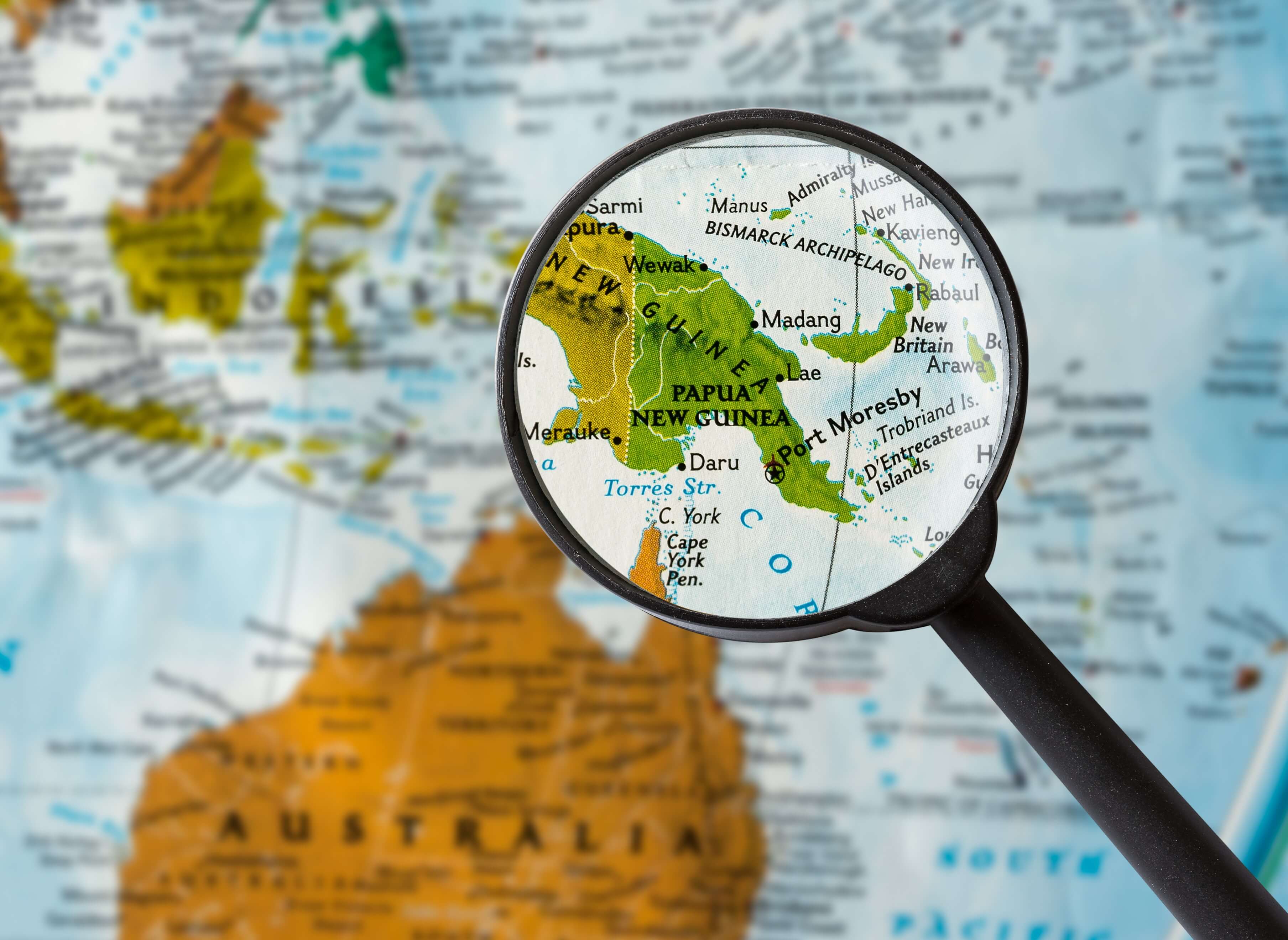
News & Events
Pneumococcal vaccine sees hospital admissions for deadly pneumonia slashed by halfThousands of children born in Papua New Guinea (PNG) no longer face a future cut short by severe pneumonia, thanks to the introduction of pneumococcal vaccination as part of the country’s National Immunisation Program.
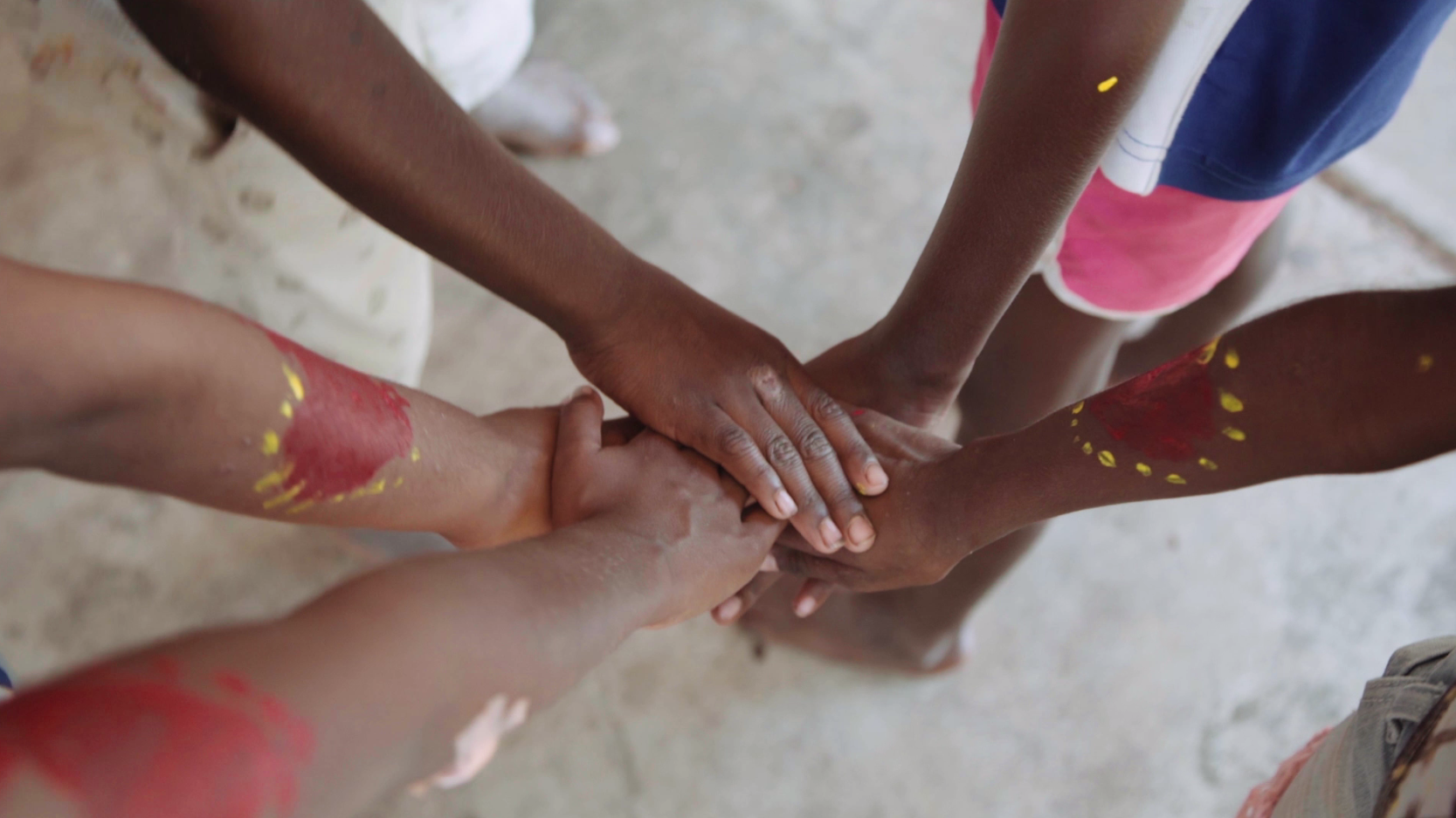
News & Events
National funding to help foster healthier food environments and fight RHDResearch teams led by The Kids Research Institute Australia have been awarded $3.75 million to support two innovative projects – one focused on pioneering a national ‘Food Atlas’ to map access to healthy and unhealthy food across the country, and the other on developing new ways to prevent Strep throat and rheuma
Research
InfluenzaInfluenza (commonly known as the flu) is caused by a highly contagious virus spread mainly through coughing and sneezing. An annual flu vaccination is the most effective way to prevent flu outbreaks.
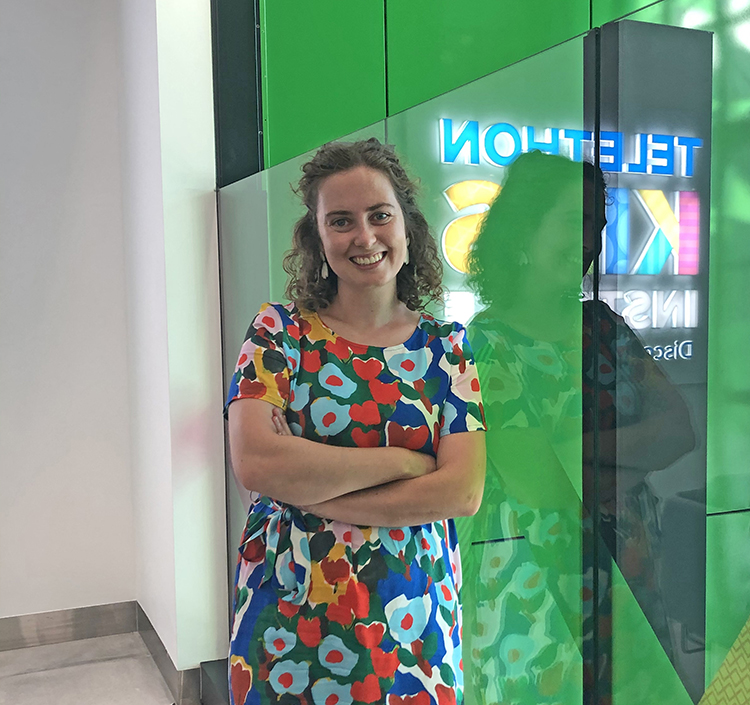
News & Events
Childhood influenza vaccination rates improves with better accessMore children across Australia are being vaccinated against the flu since funding was expanded and access widened under the National Immunisation Program
Research
Clinical Management of Staphylococcus aureus Bacteremia in Neonates, Children, and AdolescentsStaphylococcus aureus is a common cause of community and health care-associated bacteremia, with authors of recent studies estimating the incidence of S aureus bacteremia (SAB) in high-income countries between 8 and 26 per 100 000 children per year. Despite this, <300 children worldwide have ever been randomly assigned into clinical trials to assess the efficacy of treatment of SAB.
Research
Effectiveness of nirsevimab in preventing RSV-hospitalisation among young children in Western Australia 2024Respiratory Syncytial Virus (RSV) causes a significant burden of illness for children under 2 years of age. Nirsevimab, a long-acting monoclonal antibody, was registered for RSV prevention in Australia in 2023. In April 2024, Western Australia (WA) launched the country's first state-wide nirsevimab program for all infants and high-risk children entering their second RSV season.
Research
Pneumococcal conjugate vaccine primes mucosal immune responses to pneumococcal polysaccharide vaccine booster in Papua New Guinean childrenInvasive pneumococcal disease remains a major cause of hospitalization and death in Papua New Guinean (PNG) children. We assessed mucosal IgA and IgG responses in PNG infants vaccinated with pneumococcal conjugate vaccine (PCV) followed by a pneumococcal polysaccharide vaccine (PPV) booster.
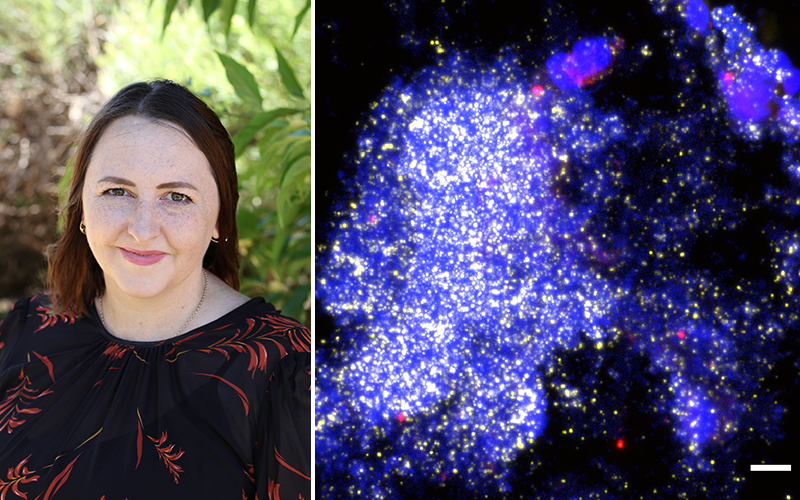
News & Events
Bacterial slime causing persistent wet coughs for childrenResearchers using powerful microscopes have identified bacterial slime in the lungs of some children with persistent wet coughs.
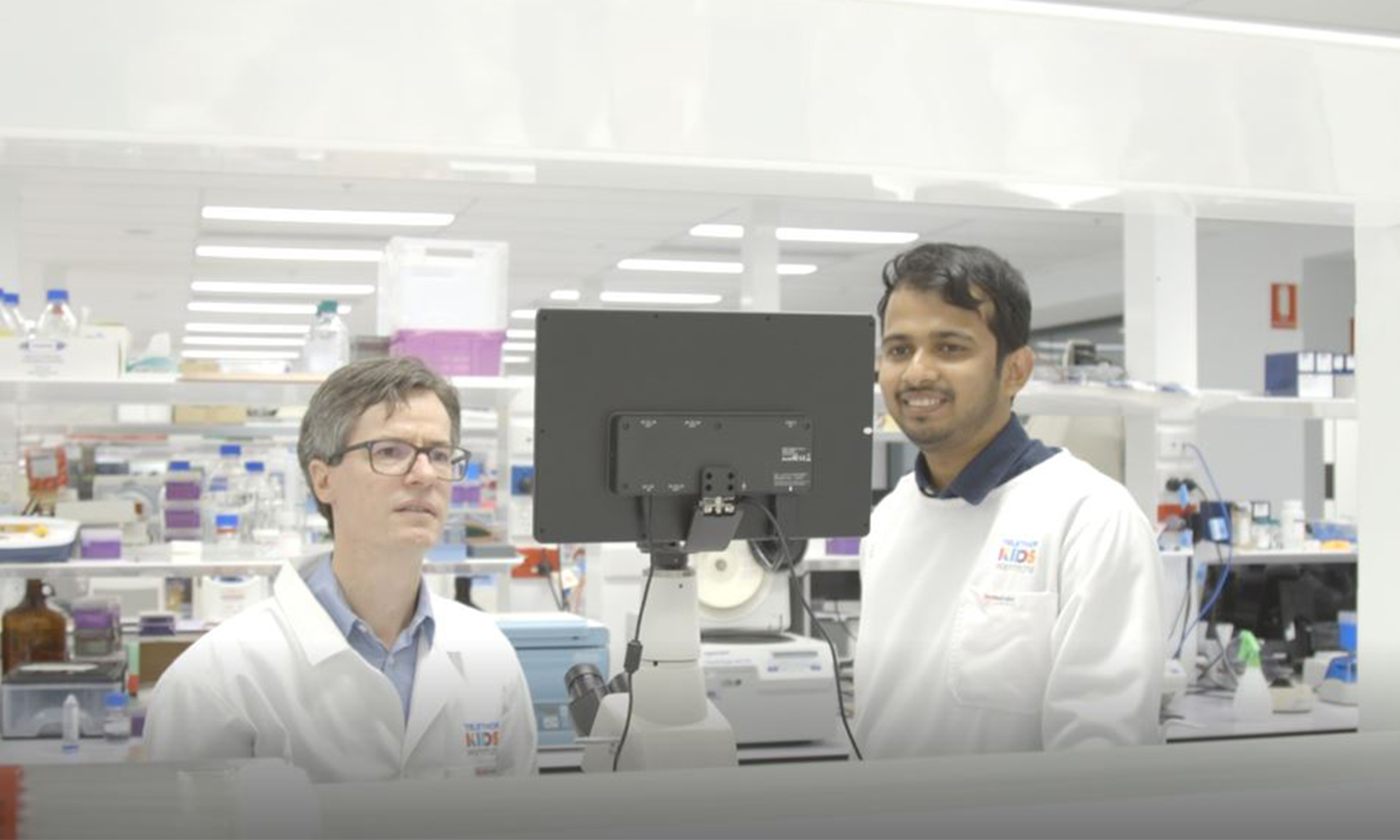
News & Events
Major grant awarded to tackle antibiotic resistanceVital research aiming to improve the treatment of potentially deadly Group A Streptococcus (Strep A) has been awarded $820,000 in the latest round of National Health and Medicine Research Council’s Ideas Grants.
